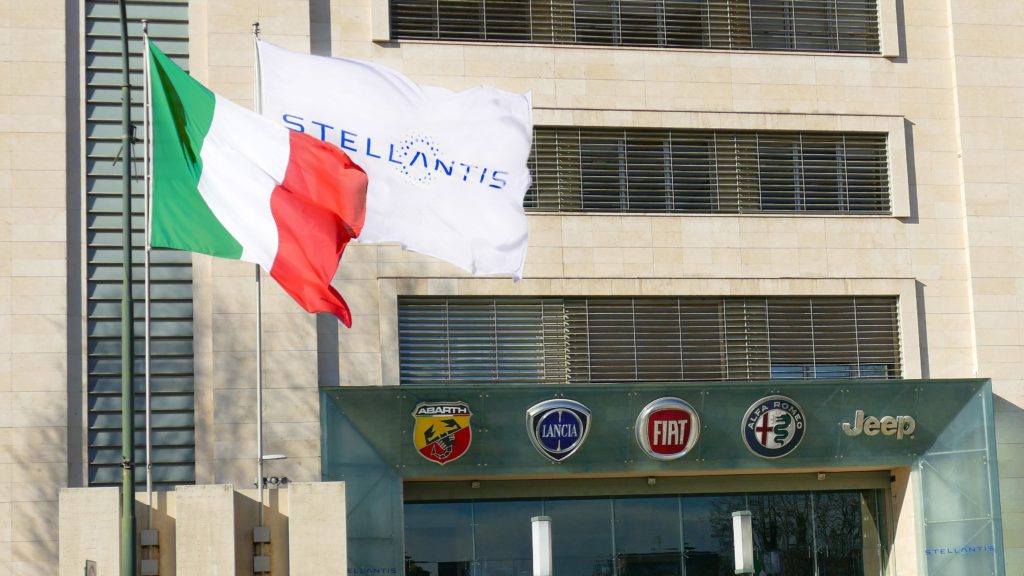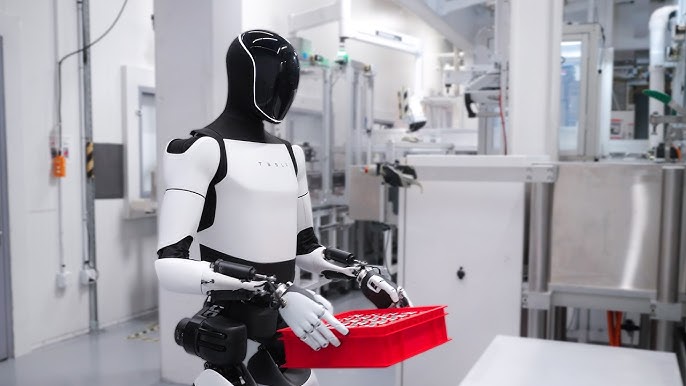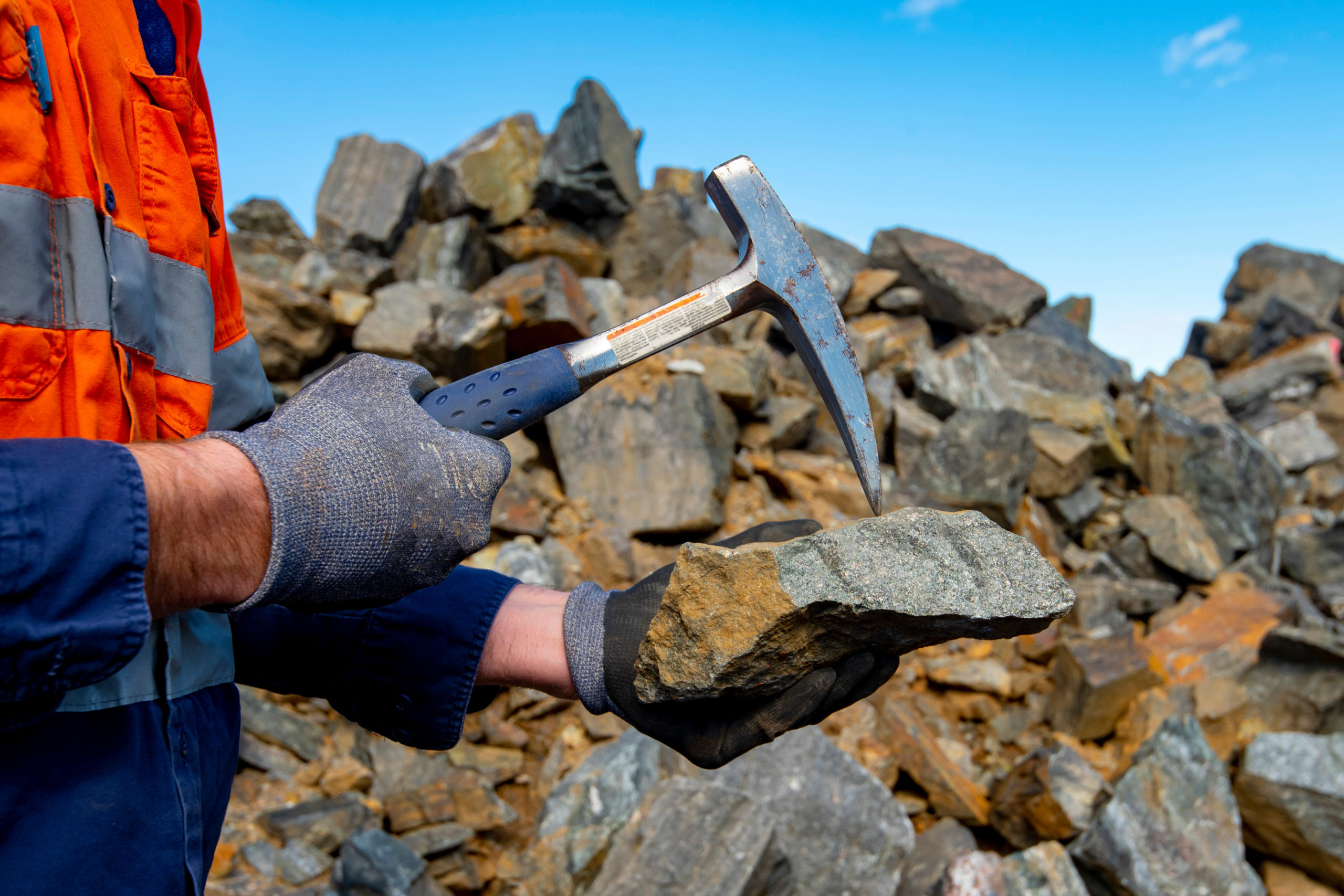Stellantis secures lithium supply from California for EV batteries

Stellantis has secured lithium essential for its electric vehicle production in North America from a project in California, as carmakers worldwide scramble to secure supply of the battery metal key to the electric vehicle revolution.
Controlled Thermal Resources (CTR) will supply the owner of Jeep and Peugeot with up to 25,000 metric tons per year of lithium hydroxide over the ten-year term of the agreement, Stellantis said on Thursday.
CTR, which operates in California’s the Salton Sea, is also developing a geothermal lithium brine project to meet General Motors’ lithium needs.
Lithium demand has soared of late as automakers boost production of electric vehicles that use lithium-ion batteries, driving a global supply shortage of the metal.
Related Article: Race for cheaper EVs may face years-long setback on metal costs
Stellantis, formed in 2021 through the merger between France’s and Fiat Chrysler (FCA), said in March it would have 75 battery electric vehicle (EV) models on the market and sell five-million EVs a year by 2030.
The company has also said it expects a shortage of EV batteries to hit the auto industry in 2024-2025 as manufacturers try to ramp up EV sales while building new battery factories.
“Ensuring we have a robust, competitive, and low-carbon lithium supply from various partners around the world will enable us to meet our aggressive electric vehicle production plans in a responsible manner,” said CEO Carlos Tavares in a statement.
CTR will produce battery grade lithium hydroxide and lithium carbonate along with geothermal energy in Imperial County, California, with a resource production capacity in excess of 300 000 metric tons per year.
(By Kannaki Deka; Editing by Devika Syamnath)
More News
{{ commodity.name }}
{{ post.title }}
{{ post.date }}



Comments